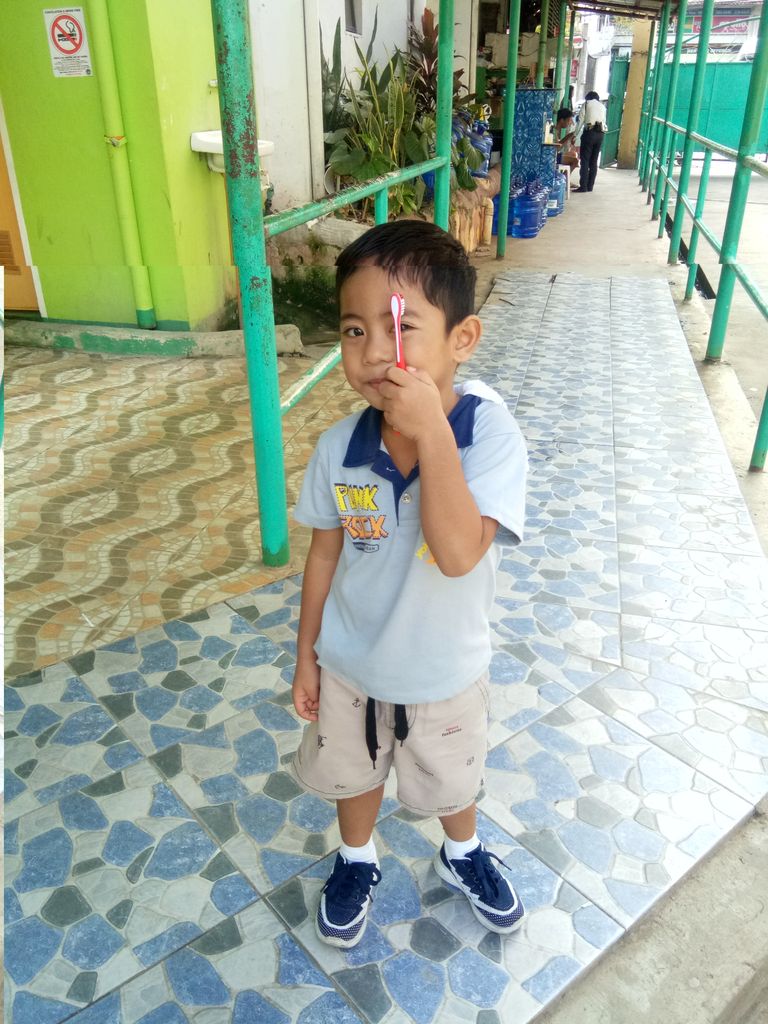Free Dental Check Up

•Dental check-ups
*You may assume you should have a dental check-up every 6 months, but some people may not need to go so often and others may need more frequent checks.
*Your dentist should suggest when you should have your next check-up based on how good your oral health is.
*The time between check-ups can vary from 3 months to 2 years, depending on how healthy your teeth and gums are and your risk of future problems.
•Why do I need a dental check-up?
A check-up allows your dentist to see if you have any dental problems and helps you keep your mouth healthy. Leaving problems untreated could make them more difficult to treat in the future, so it's best to deal with problems early, or, if possible, prevent them altogether.
•What happens during a dental check-up?
At each check-up, your dentist should:
*examine your teeth, gums and mouth
ask about your general health and any problems you've had with your teeth, mouth or gums since your last visit
ask about, and give you advice on, your diet, smoking and alcohol use, and teeth-cleaning habits
discuss a date for your next visit
How often should I have a dental check-up?
After your check-up, your dentist will recommend a date for your next visit. The time to your next check-up could be as short as 3 months or as long as 2 years (or up to 1 year if you're under 18).
*Generally, the lower your risk of dental problems, the longer you can wait before your next check-up. So people with good oral health will probably need to attend only once every 12 to 24 months, but those with more problems will need check-ups more often.
•What about dental treatments?
This advice is about routine check-ups only. You may need other appointments for dental treatments such as fillings, having a tooth taken out or emergency treatment.
*If you have problems with your teeth between check-ups, contact your dental surgery to make an appointment. In an emergency outside normal working hours, contact your surgery on its usual number and you will be told how to access emergency dental care.

•Toothbrushing tips:
*It's important to use a fluoride toothpaste, as this helps prevent and control tooth decay.
*Children aged up to 3 years
•Start brushing your baby's teeth as soon as the first milk tooth breaks through (usually at around 6 months, but it can be earlier or later).
–Parents or carers should brush the teeth.
–Brush teeth twice daily for about 2 minutes with fluoride toothpaste.
–Brush last thing at night before bed and on 1 other occasion.
–Use children's fluoride toothpaste containing no less than 1,000ppm of fluoride (check label) unless a dentist advises family toothpaste containing between 1,350ppm and 1,500How to help children brush their teeth properly
Guide your child's hand so they can feel the correct movement.
–Use only a smear of toothpaste.
–Make sure children don't eat or lick toothpaste from the tube.
*How to help children brush their teeth properly:
–Guide your child's hand so they can feel the correct movement.
–Use a mirror to help your child see exactly where the brush is cleaning their teeth.
–Make tooth brushing as fun as possible by using an egg timer to time it for about 2 minutes.
–Don't let children run around with a toothbrush in their mouth, as they may have an accident and hurt themselves.
*Have A Wonderful Tuesday To All Of Us!🤗😍
THANK YOU FOR ALWAYS SUPPORTING MY BLOGS!💖🥰
Follow us on X at: https://mobile.x.com/BlurttribeC